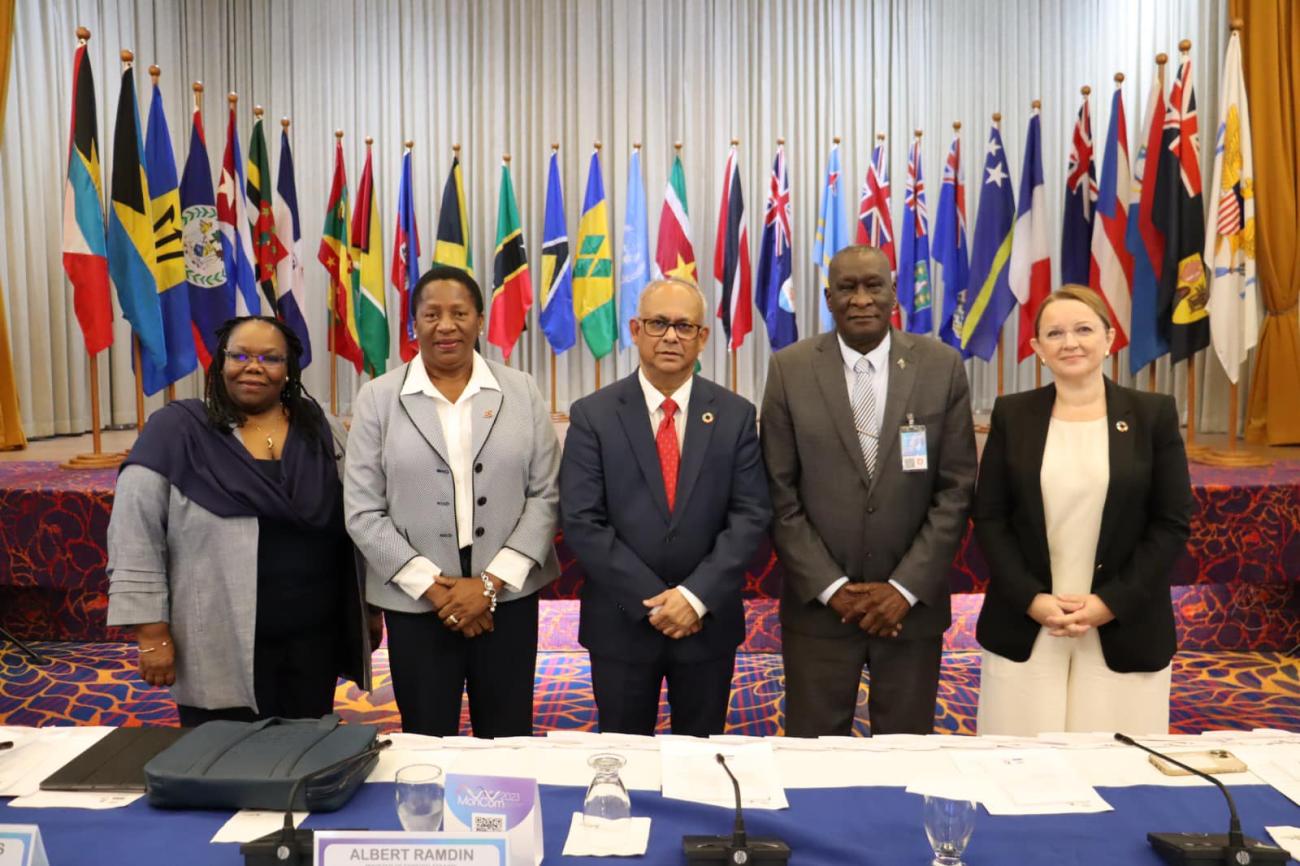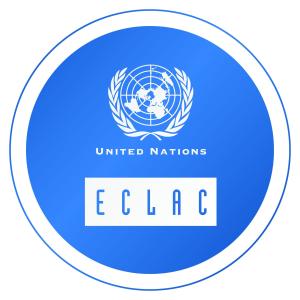Speaking at a development Seminar, part of ECLAC Caribbean's meeting of the Monitoring Committee, the Chair of the Caribbean Development and Cooperation Committee (CDCC), and Minister of Foreign Affairs, International Business and International Cooperation of Suriname Albert Ramdin, urged countries of the Caribbean to leverage their vast human resources to develop knowledge economies.
This year, the two-day seminar in Port-of-Spain is themed “Positioning the Caribbean in the knowledge economy: The role of data”. It is being held at the Radisson Hotel and Conference Centre in Port of Spain. Ramdin presided at the opening ceremony.
Minister Ramdin said “…our economies are commonly characterised as either services-based or goods-based; never knowledge-based. Meanwhile, the current global labour market is increasingly becoming knowledge-intensive… Understanding and appropriately responding to these market forces requires, among other things, a better appreciation for, and utilisation of data.”
In delivering remarks, Minister Ramdin called on development banks to take note of the failing productivity of Caribbean economies. “It’s important that the discussions here today focus on positioning the Caribbean in the knowledge economy, as well as the critical role that data plays in advancing the sustainable development of countries, in particular Small Island Developing States (SIDS).”
Minister Ramdin ended with an expression of hope that by the end of the two days, deliberations would be successful in identifying recommendations for varying stakeholders, on optimising the value of data, to position the Caribbean to become a hub of knowledge economies. He also urged those gathered to share experience, practice and successes on the road to achieving the Sustainable Development Goals (SDGs).
Director of ECLAC Caribbean, Diane Quarless, reported that many of the subregion’s governments in attendance have come to appreciate the importance and value of data. She noted the importance of data to monitor progress in the implementation of the SDGs.
Quarless said: “Since 2020, 13 of our CDCC Member Countries have presented their Voluntary National Reviews (VNRs) to the UN, which represents their progress towards meeting the aspirations of Agenda 2030.” She lamented, though, that an all-too common feature in those VNRs was an acknowledgement of the paucity of data for the SDG indicators used to monitor and measure the sustainable development process.
In addition to Minister Ramdin, in attendance were Pennelope Beckles-Robinson, Minister of Planning and Development of Trinidad and Tobago, who is also Vice Chair of the CDCC. Other high-level government representatives were Joseph E. Farrell, Premier of Montserrat (another Vice Chair of the CDCC), Chet Greene, Minister of Foreign Affairs of Antigua and Barbuda; and Alva Baptiste, Minister of Foreign Affairs of Saint Lucia.





